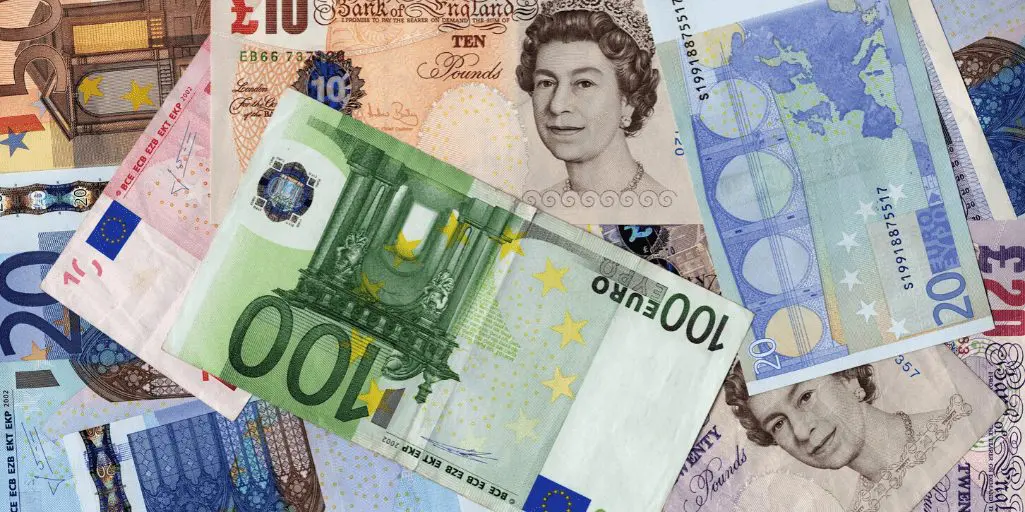The European Commission is proposing to introduce a cash payment limit of up to € 10,000, with the limit being valid for the whole of the European Union. The idea is related to the fight against money laundering, the EC said in a statement.
Europol estimates that around 1% of the EU’s annual GDP is involved in suspicious financial activity. Against this background, the Commission has presented a package of various bills related to the fight against money laundering and terrorist financing, which pose a serious threat to the European Union’s economy and financial system, as well as to the security of citizens.
“Money laundering is a clear and real threat to citizens, democratic institutions and the financial system. The scale of the problem cannot be underestimated and the loopholes that criminals can use must be closed,” said Commissioner for Financial Stability and Financial Services Meyrid. McGuinness.
“Every new money laundering scandal is too much and a clear signal that our work to fill the gaps in our financial system is not yet over. In recent years, we have made great strides and now European anti-money laundering rules are among the most important. the strictest in the world. But now they must be applied consistently and under strict supervision to make sure they really have an effect. That’s why today we are taking these bold steps to close the door to money laundering and stop criminals from filling their pockets with ill-gotten gains, “said Valdis Dombrovskis, executive vice president of human economics.
Large cash payments are a simple way for criminals to launder money, as it is very difficult to track transactions. Therefore, the EC proposes to introduce a limit for cash payments of 10,000 euros throughout the European Union.
Such restrictions already exist in about two-thirds of EU countries, but the amounts vary. The new rules aim to establish an equal limit in all countries of the bloc. National limits below 10,000 euros can be maintained, it is clear from the announcement. In Bulgaria, cash payments are limited to BGN 10,000 (EUR 5,000).
Restricting large cash payments makes it harder for criminals to launder “dirty money”, the EC said. The European Commission’s proposal must be discussed and approved by the Council of the EU and the European Parliament.
Limiting cash payments in EU countries is part of a new package of Commission initiatives. It is envisaged to set up an Anti-Money Laundering Authority, which will be responsible for supervising and coordinating the work of national authorities to ensure that the private sector complies with EU rules. The new agency should facilitate financial intelligence agencies as well as ban anonymous cryptocurrency portfolios. It may start operating in 2024.







